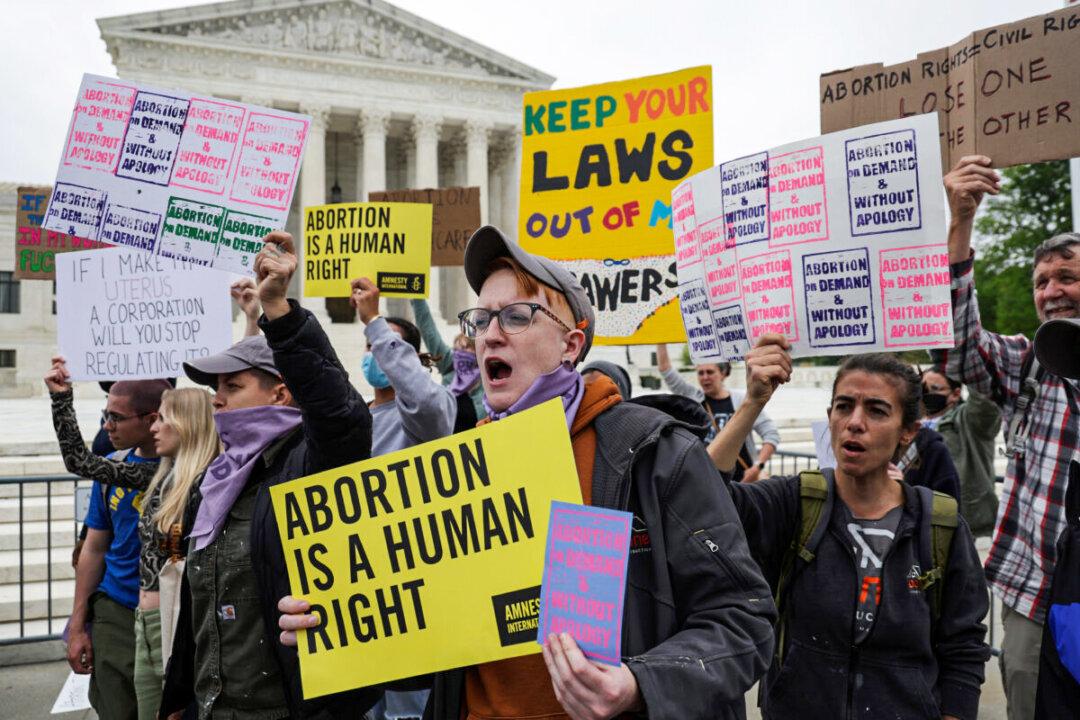Commentary
The totalitarian states of the 20th century, whether of national socialist (Nazi and fascist) or international socialist (communist) ambitions, were aiming to control and organize almost every aspect of life from the top down: to bring about by force of law and government what is broadly described as “the triumph of the Will over Nature.”





